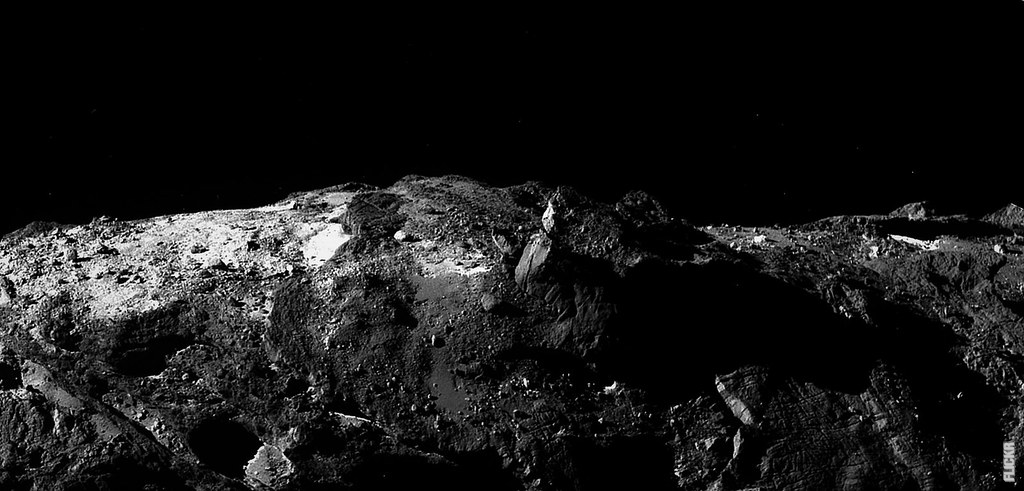The Ancient Quest for Understanding
From the earliest civilizations, humans have gazed up at the night sky, marveling at the vastness and mystery of the universe. Ancient astronomers, driven by curiosity and a thirst for knowledge, sought to unravel the secrets of the cosmos. Through observations and imagination, they developed their own unique visions of the universe.
Geocentric Universe: Earth as the Center
One prevailing concept held by ancient astronomers was the geocentric model, which placed Earth at the center of the universe. This view, popularized by the ancient Greeks, suggested that celestial bodies such as the Sun, Moon, planets, and stars revolved around our planet. Ptolemy, a prominent Greek astronomer, further refined this idea with his geocentric model that accounted for the irregular motions of celestial objects.
The Celestial Spheres
Another fascinating belief of ancient astronomers was the concept of celestial spheres. They envisioned the universe as a series of concentric, transparent spheres that encased Earth. Each sphere contained a celestial body, and the outermost sphere housed the stars. This concept provided a framework for understanding the motions and positions of celestial objects.
Aether: The Fifth Element
Ancient astronomers also believed in the existence of a fifth element called aether. Unlike the traditional four elements—earth, water, air, and fire—this ethereal substance was thought to fill the space between celestial bodies. It was considered the medium through which light traveled, enabling the illumination of the night sky.
Divine Influences: Gods and Astrology
Ancient astronomers often associated celestial events with divine influences. In civilizations such as Mesopotamia and Egypt, the movements of celestial bodies were believed to be messages from the gods. Astrology, the study of the positions and movements of celestial bodies in relation to human affairs, was closely intertwined with ancient astronomy. People believed that the stars and planets could reveal insights into their destinies and guide their actions.
Post
Post
Limitations and Achievements
While the visions of ancient astronomers may seem rudimentary by modern standards, their observations and theories laid the foundation for future scientific advancements. Despite limited technology, they accurately tracked the motions of celestial bodies, developed calendars, and made significant contributions to mathematics and geometry.
Legacy in Modern Astronomy
Today, we marvel at the progress made in our understanding of the universe. Ancient astronomers’ ideas have paved the way for modern cosmology, which has expanded our knowledge exponentially. Their imaginative and courageous pursuit of knowledge continues to inspire generations of scientists, reminding us of the endless possibilities that await those who dare to explore the mysteries of the cosmos.



